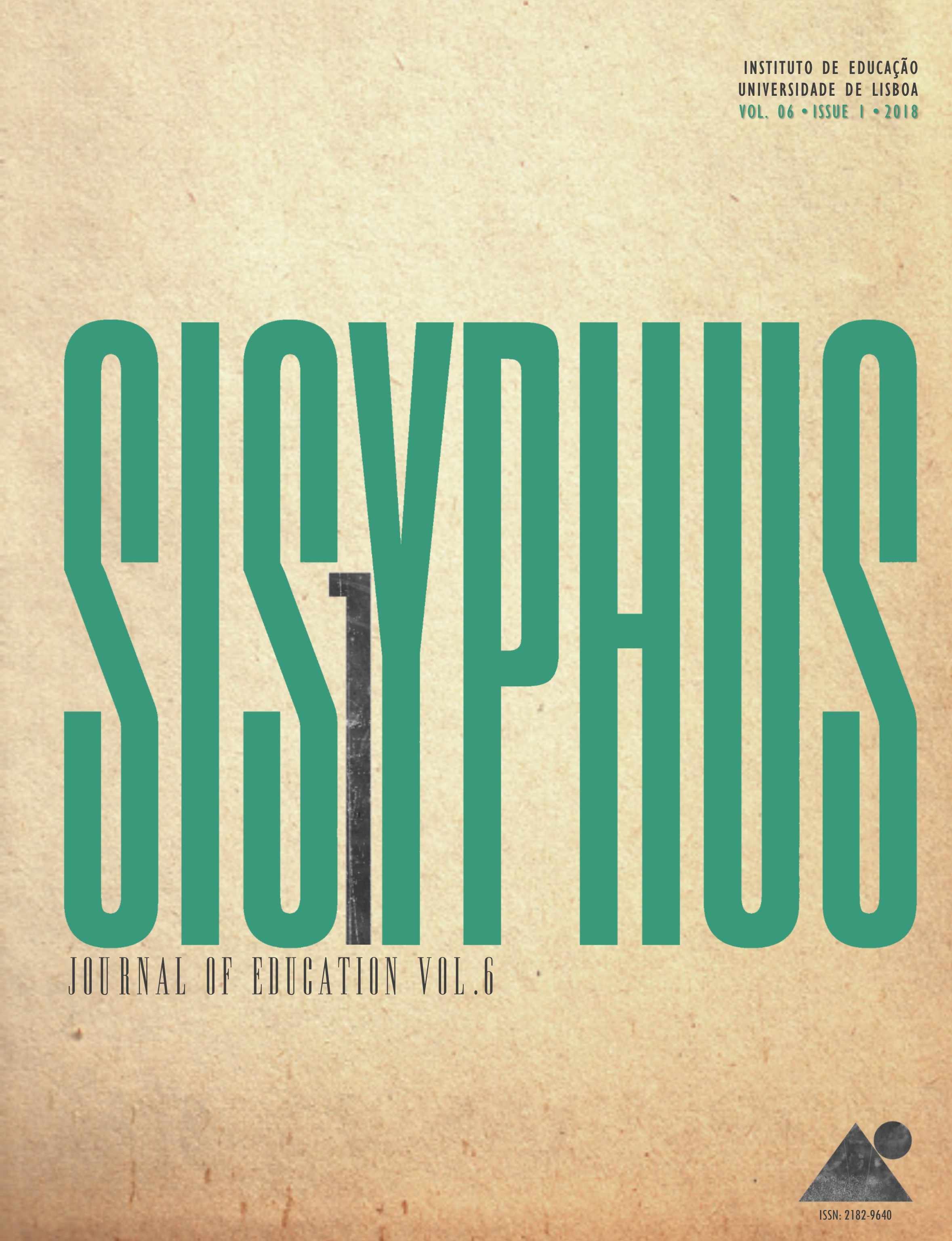Lifelong Education on Portuguese Emigrants and Their Acculturation
DOI:
https://doi.org/10.25749/sis.13798Palabras clave:
Right to education, Acculturation, Digital rights, Facebook, Emigration / Direito à educação, Aculturação, EmigraçãoResumen
ABSTRACTThe research approached how Portuguese emigrants learned on a social networking service; Facebook. It employed the mixed method, and it highlighted the observation technique. The theoretical rationale was grounded in the Rudmin Model and in the work of Castro. The internet connection and the information technologies changed the intercultural relationships, the ways to learn, and the lifelong education. Social networking service boosted intercultural relationships and immigrant cultural maintenance, and the expected assimilation was nearly dismissed. The connection also enabled shared educational practices and responsibilities between the receiving and sending countries. The right to learn should be extended to immigrant cultural maintenance; it should be addressed to children and also to adults in lifelong education. Intercultural training should be addressed to adults and it must approach legal questions. International legislation should address the receiving country cultural changes. It can collaborate with legislators, considering the immigrant and the human rights.
RESUMO
A investigação abordou como os emigrantes portugueses aprendem numa rede social virtual, Facebook. Empregou-se o método misto, destacando a técnica da observação, com base teórica no modelo de Rudmin e no trabalho de Castro. A ligação à internet e as tecnologias da informação alteraram as relações interculturais, formas de aprender e a educação continuada. Intensificaram as relações interculturais e a manutenção cultural dos imigrantes. A internet também permitiu práticas e responsabilidades educativas partilhadas entre os países de recepção e de envio. O direito à aprendizagem deve ser alargado à manutenção cultural dos imigrantes, facultado a crianças e adultos. A formação intercultural deve ser facultada aos adultos na educação continuada e deve abordar questões legais. Além disso, a legislação internacional deve refletir sobre as mudanças culturais do país recetor. A Psicologia abordou como a aculturação (aprendizagem) ocorreu, podendo colaborar com os legisladores, considerando os direitos dos migrantes e os direitos humanos.
Descargas
Descargas
Publicado
Número
Sección
Licencia
Copyright (c) es propiedad de Sisyphus – Journal of Education. Sin embargo, alentamos que los artículos publicados en la revista se publiquen en otro lugar, siempre que se solicite el permiso de Sisyphus y los autores incorporen nuestra cita original y un enlace a nuestra página web.
Política de Autoarchivo
Los autores pueden autoarchivar la versión final publicada de sus artículos en repositorios institucionales, temáticos o páginas web personales e institucionales.
Suscriptor de DORA
El Instituto de Educação de la Universidade de Lisboa, editor de Sisyphus, es uno de los suscriptores de la Declaración de San Francisco sobre la Evaluación de la Investigación (DORA).





